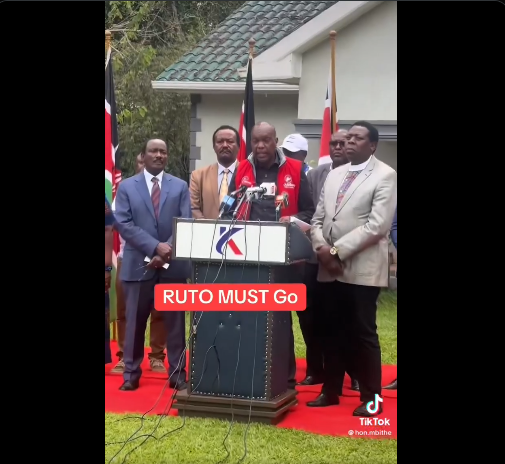Kenyan politician Jeremiah Kioni recently voiced strong criticisms against Safaricom and the Kenyan government, expressing concerns about alleged abductions linked to recent protests.
Amid widespread public outcry, Kioni claimed that Safaricom may have been involved in unauthorized data sharing that allegedly led to targeted detentions and even abductions of protestors.
However, Safaricom has strongly denied these allegations, reiterating its commitment to protecting customer data and asserting that it only complies with data requests legally, and solely under court orders.
Kioni’s statements reflect growing public frustrations with the government’s response to the protests.
He alleged that a covert “killer squad” within Kenya’s security forces has been responsible for extrajudicial actions, including abductions and even killings.
This rogue group is claimed to operate outside formal police command, intensifying public concerns around accountability and government transparency.
The recent resignation of Police Chief Japhet Koome has only fueled speculation that there are significant internal issues within Kenya’s security forces, possibly tied to the recent surge in human rights abuses.
Other opposition figures, including Kalonzo Musyoka and Eugene Wamalwa, joined Kioni in condemning these alleged abuses, citing a shift toward authoritarianism.
They argued that under President Ruto’s administration, Kenya has become a “police state,” with opposition leaders frequently monitored and prevented from engaging in public rallies.
These leaders are calling for accountability, vowing to seek justice through both national and international channels, as many Kenyans demand answers and reform in the face of escalating human rights concerns.


